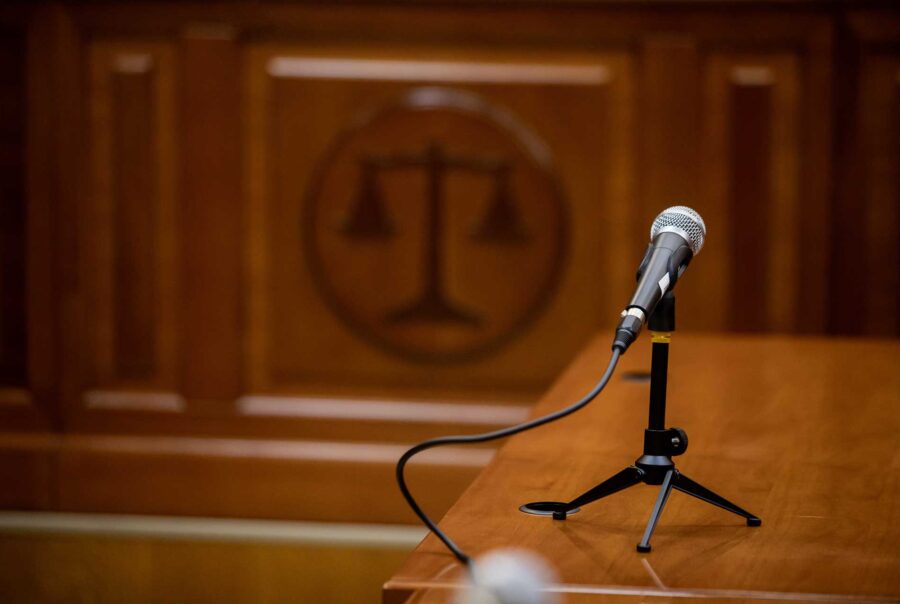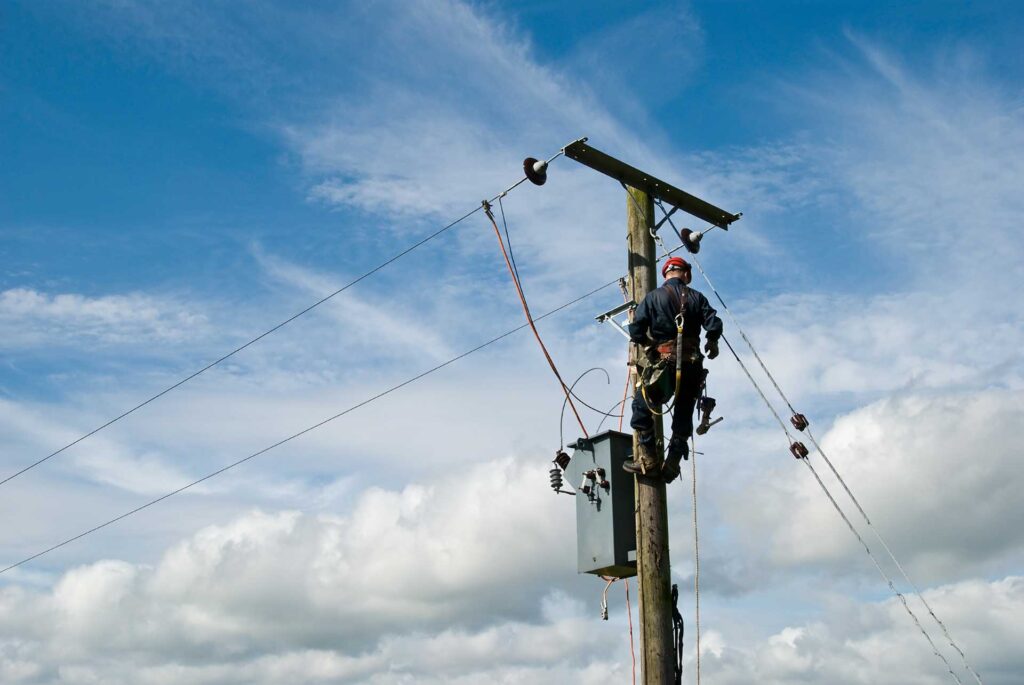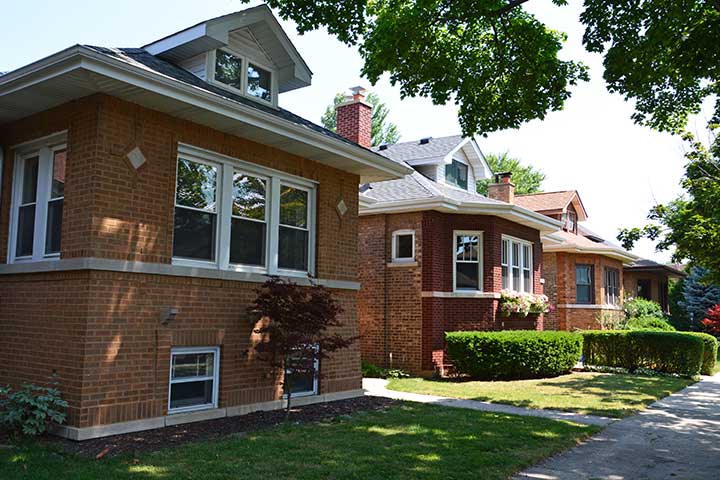Community Expert Testimony
Kelly McCleary
Community expert Kelly McLeary testified that after moving into an all-electric house, her family received an energy bill that was double what she expected. Despite research, efforts to engage Ameren customer service staff, and a number of attempts to figure out how to keep costs down, McLeary testified that the system was opaque and difficult to use and Ameren did not help connect her to options to bring down costs or avoid steep raises in costs. Even joining a payment plan for which she qualified proved difficult.
If a two-income middle class family has affordability problems, McCleary asked, how can others afford their energy bills? Utilities should slow down non-essential spending, or implement a bill cap tied to household income, or low-income discount. In short, McCleary testified that utilities should consider community needs and abilities when making its plans. She suggested that Ameren also offer low-income discounts at least as big for electric customers as its gas customers if it wants to meet CEJA’s electrification goals.
In conclusion. McCleary called for more affordable rates, better customer service, and better communication to help customers find solutions, because no one should have to choose between buying groceries and paying for electricity.








